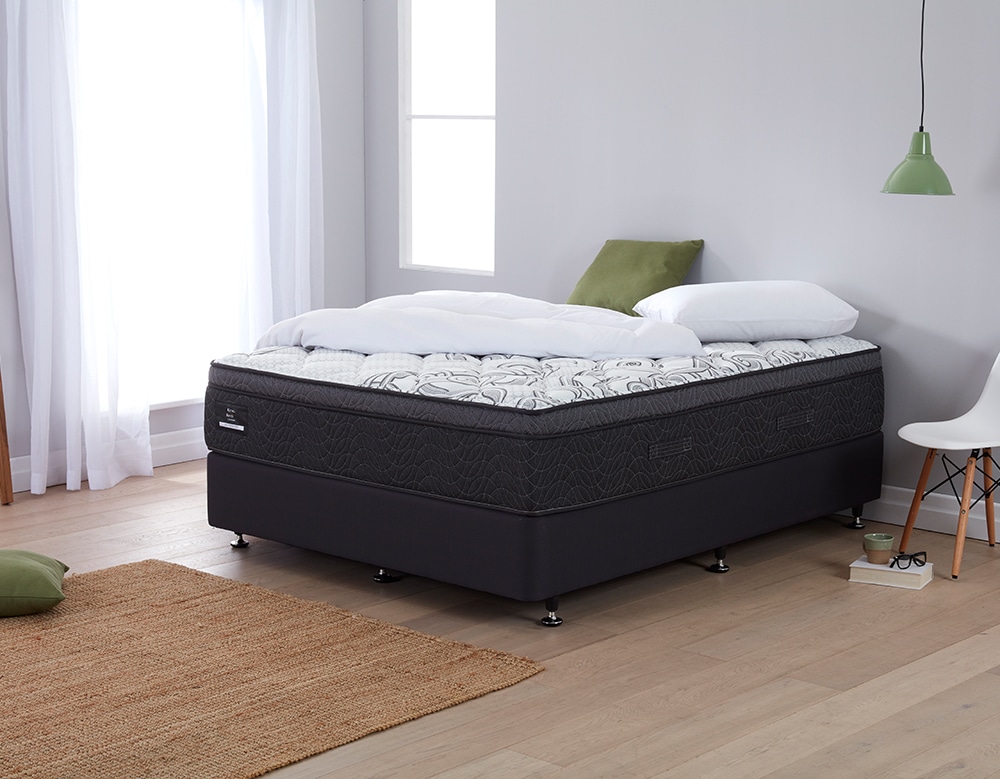Quality sleep is essential for maintaining good physical and mental health. However, many people struggle with getting a restful night's sleep, and often, the culprit is their mattress. A bad mattress can have a significant impact on the quality of your sleep, leaving you feeling tired and irritable the next day. In this article, we will explore the various ways in which a bad mattress can affect your sleep and what you can do to improve it.How a Bad Mattress Can Affect Your Sleep
The short answer is yes, a bad mattress can cause poor sleep. When you lie down on a mattress, it should provide adequate support and comfort for your body. However, a bad mattress lacks these essential qualities, leading to various issues such as back pain, neck pain, and discomfort. This discomfort can make it challenging to fall asleep and stay asleep, resulting in a restless night and poor sleep quality.Can a Bad Mattress Cause Poor Sleep?
Research has shown that there is a direct correlation between mattress quality and sleep quality. In a study conducted by the National Sleep Foundation, it was found that a comfortable and supportive mattress significantly improves sleep quality, especially for individuals with chronic pain. A good mattress can also help to reduce stress and improve overall well-being.The Link Between Mattress Quality and Sleep Quality
If you are experiencing any of the following signs, it may be time to replace your mattress for better sleep: 1. Waking up with body aches and pains If you wake up with stiffness, soreness, or pain in your back, neck, or joints, it could be a sign that your mattress is no longer providing proper support. 2. Visible sagging or indentations Over time, mattresses can develop sagging or indentations where you sleep. This can cause discomfort and affect the overall support of the mattress. 3. Trouble falling asleep or staying asleep If you find yourself tossing and turning or waking up frequently throughout the night, your mattress may be the culprit. 4. Allergies or breathing issues An old or poor quality mattress can accumulate dust, dirt, and allergens, which can cause breathing issues and disrupt sleep.Signs You Need to Replace Your Mattress for Better Sleep
Choosing the right mattress is crucial for getting a good night's sleep. When shopping for a new mattress, consider the following factors: 1. Mattress type There are several types of mattresses available, including memory foam, innerspring, and hybrid. Each type offers different levels of support and comfort, so it's essential to try them out and see which one feels best for you. 2. Firmness The firmness of a mattress is a personal preference, but it's essential to choose one that provides adequate support for your body and aligns your spine properly. 3. Budget Mattresses can range from a few hundred dollars to thousands, so it's essential to determine your budget before shopping. Keep in mind that a good quality mattress is an investment in your health and well-being.How to Choose the Right Mattress for a Good Night's Sleep
Aside from affecting your sleep, a bad mattress can also have a significant impact on your overall health. Chronic sleep deprivation can lead to a weakened immune system, weight gain, and an increased risk of developing health conditions such as diabetes and heart disease. It can also affect your mood, leading to irritability, anxiety, and depression.The Impact of a Bad Mattress on Your Overall Health
If you can't replace your mattress immediately, there are some things you can do to improve your sleep quality: 1. Invest in a mattress topper A mattress topper can add an extra layer of comfort and support to your existing mattress, making it more bearable until you can replace it. 2. Change your sleeping position If you usually sleep on your back, try sleeping on your side to alleviate pressure on your spine. Alternatively, if you sleep on your side, try placing a pillow between your knees for better alignment. 3. Keep your bedroom cool and dark A cool and dark room can help promote sleep, even on a bad mattress. Consider using blackout curtains and a fan or air conditioning to create a comfortable sleeping environment.Ways to Improve Your Sleep Despite a Bad Mattress
As mentioned earlier, firmness is a crucial factor when choosing a mattress. A too soft or too firm mattress can cause discomfort and affect sleep quality. It's essential to find a balance between support and comfort to ensure a good night's sleep.The Connection Between Mattress Firmness and Sleep Quality
If left unaddressed, a bad mattress can lead to chronic sleep problems, such as insomnia, sleep apnea, and restless leg syndrome. Chronic sleep problems can have a severe impact on your overall health and well-being, so it's essential to address any issues with your mattress as soon as possible.How a Bad Mattress Can Lead to Chronic Sleep Problems
To ensure your mattress stays in good condition and provides optimal support for sleep, consider these tips: 1. Rotate or flip your mattress regularly Rotating or flipping your mattress every few months can help distribute weight evenly and prevent sagging. 2. Keep your mattress clean Regularly vacuum and spot clean your mattress to remove any dirt, dust, or allergens that may affect your sleep. 3. Use a mattress protector A good quality mattress protector can help prevent spills, stains, and wear and tear, extending the life of your mattress. In conclusion, a bad mattress can significantly affect your sleep and overall health. If you are experiencing any of the signs mentioned above, it may be time to consider replacing your mattress. Remember to choose a mattress that provides adequate support and comfort for your body and maintain it properly for better sleep quality. Don't underestimate the power of a good night's sleep – invest in your health and well-being by investing in a good quality mattress.Tips for Maintaining a Good Mattress for Better Sleep
The Impact of a Bad Mattress on Your Sleep Quality

The Importance of a Good Night's Sleep
 We all know that sleep is essential for our overall health and wellbeing. It is during sleep that our body repairs and rejuvenates itself, and lack of sleep can lead to a host of health problems, both physical and mental. However, what many people don't realize is that the quality of sleep is just as important as the quantity. Even if you are getting the recommended 7-9 hours of sleep every night, if that sleep is disturbed and restless, it can still leave you feeling exhausted and irritable the next day.
We all know that sleep is essential for our overall health and wellbeing. It is during sleep that our body repairs and rejuvenates itself, and lack of sleep can lead to a host of health problems, both physical and mental. However, what many people don't realize is that the quality of sleep is just as important as the quantity. Even if you are getting the recommended 7-9 hours of sleep every night, if that sleep is disturbed and restless, it can still leave you feeling exhausted and irritable the next day.
The Role of Your Mattress
 When it comes to getting a good night's sleep, your mattress plays a crucial role. A bad mattress can cause poor sleep in several ways. First and foremost, an uncomfortable mattress can lead to physical discomfort, causing you to toss and turn throughout the night. This can lead to a disrupted sleep pattern and leave you feeling fatigued and achy in the morning.
Moreover, a worn-out mattress can also cause discomfort and pain in your back, neck, and shoulders. This is because the lack of proper support can cause your spine to be misaligned, leading to muscle strain and tension. Over time, this can result in chronic pain and discomfort, making it difficult for you to get a good night's rest.
When it comes to getting a good night's sleep, your mattress plays a crucial role. A bad mattress can cause poor sleep in several ways. First and foremost, an uncomfortable mattress can lead to physical discomfort, causing you to toss and turn throughout the night. This can lead to a disrupted sleep pattern and leave you feeling fatigued and achy in the morning.
Moreover, a worn-out mattress can also cause discomfort and pain in your back, neck, and shoulders. This is because the lack of proper support can cause your spine to be misaligned, leading to muscle strain and tension. Over time, this can result in chronic pain and discomfort, making it difficult for you to get a good night's rest.
The Link Between a Bad Mattress and Sleep Disorders
 In addition to physical discomfort, a bad mattress can also contribute to sleep disorders such as insomnia and sleep apnea. A lumpy and uneven mattress can make it challenging to find a comfortable position to sleep in, making it difficult for you to fall and stay asleep. This can lead to insomnia, a sleep disorder characterized by difficulty falling and staying asleep.
Moreover, a sagging mattress can also worsen symptoms of sleep apnea, a condition where breathing is interrupted during sleep. This is because a lack of proper support can cause the airways to become constricted, making it harder to breathe properly during sleep.
In addition to physical discomfort, a bad mattress can also contribute to sleep disorders such as insomnia and sleep apnea. A lumpy and uneven mattress can make it challenging to find a comfortable position to sleep in, making it difficult for you to fall and stay asleep. This can lead to insomnia, a sleep disorder characterized by difficulty falling and staying asleep.
Moreover, a sagging mattress can also worsen symptoms of sleep apnea, a condition where breathing is interrupted during sleep. This is because a lack of proper support can cause the airways to become constricted, making it harder to breathe properly during sleep.
Invest in Your Sleep
 With all the negative effects a bad mattress can have on your sleep quality, it's clear that investing in a good mattress is crucial for your health and wellbeing. When shopping for a new mattress, be sure to consider factors such as firmness, support, and comfort. It's also important to replace your mattress every 7-10 years to ensure it continues to provide adequate support and comfort for a good night's sleep.
In conclusion, a bad mattress can have a significant impact on your sleep quality, leading to physical discomfort, sleep disorders, and overall poor health. So, if you're struggling to get a good night's sleep, it may be time to consider investing in a new mattress for the sake of your health and wellbeing.
Don't let a bad mattress continue to disrupt your sleep – make sure to prioritize your comfort and invest in a good quality mattress.
With all the negative effects a bad mattress can have on your sleep quality, it's clear that investing in a good mattress is crucial for your health and wellbeing. When shopping for a new mattress, be sure to consider factors such as firmness, support, and comfort. It's also important to replace your mattress every 7-10 years to ensure it continues to provide adequate support and comfort for a good night's sleep.
In conclusion, a bad mattress can have a significant impact on your sleep quality, leading to physical discomfort, sleep disorders, and overall poor health. So, if you're struggling to get a good night's sleep, it may be time to consider investing in a new mattress for the sake of your health and wellbeing.
Don't let a bad mattress continue to disrupt your sleep – make sure to prioritize your comfort and invest in a good quality mattress.











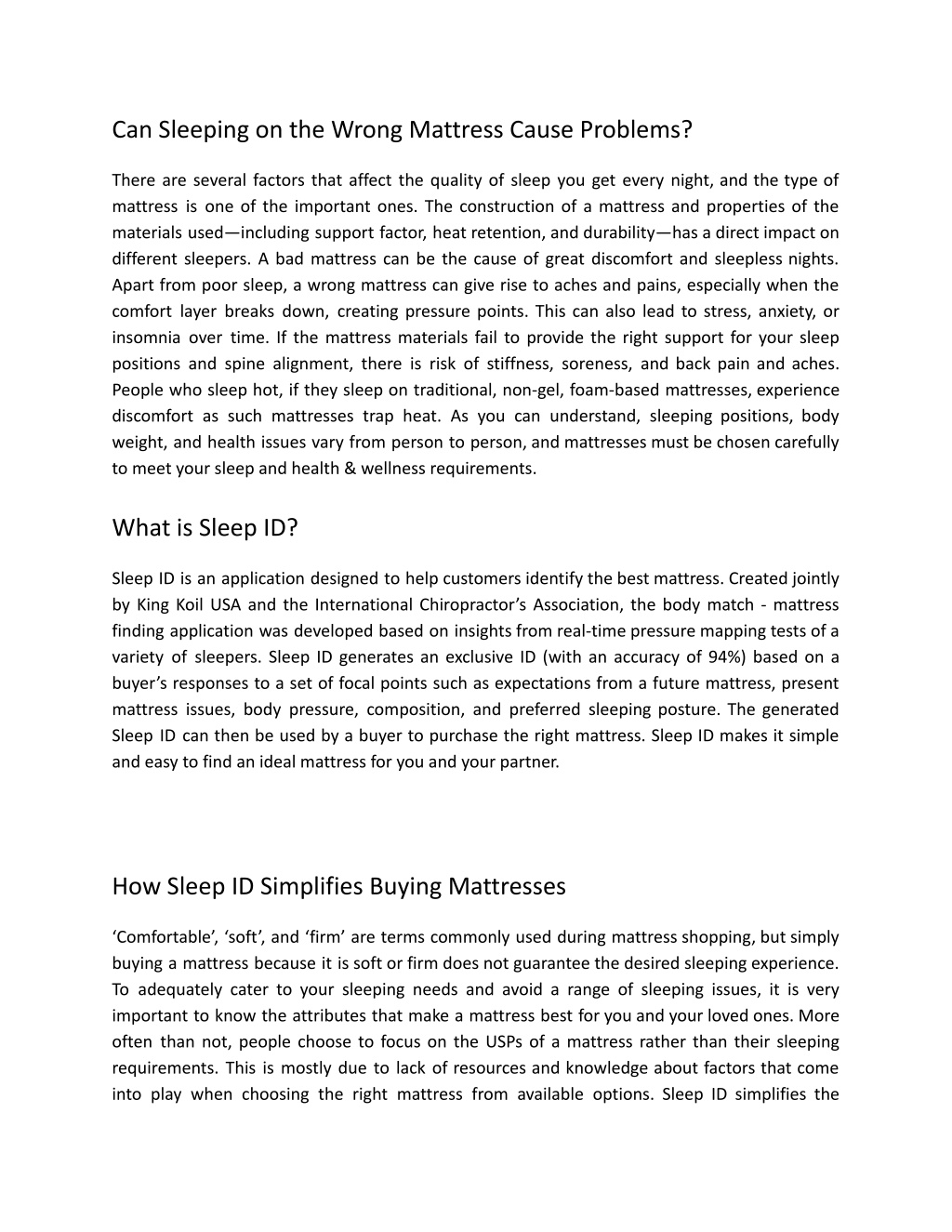







:max_bytes(150000):strip_icc()/connection-between-mental-health-and-sleep-disorders-5206154-final-0103989979864ff69c1316ecf0299336.jpg)





















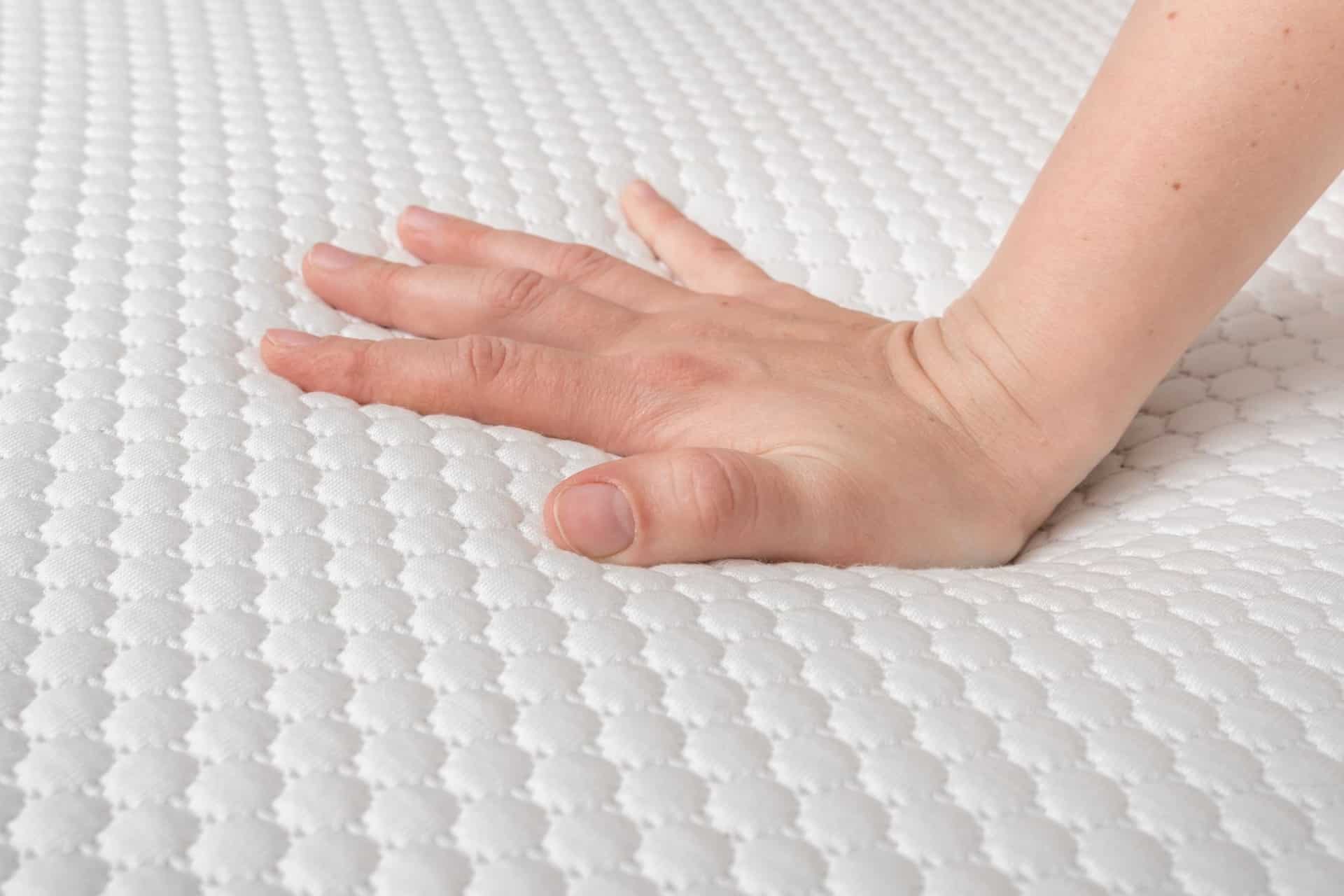




















/how-to-get-better-sleep-5094084-regular-FINAL-2c371001cada4ad391f6de53fc6053c9.png)








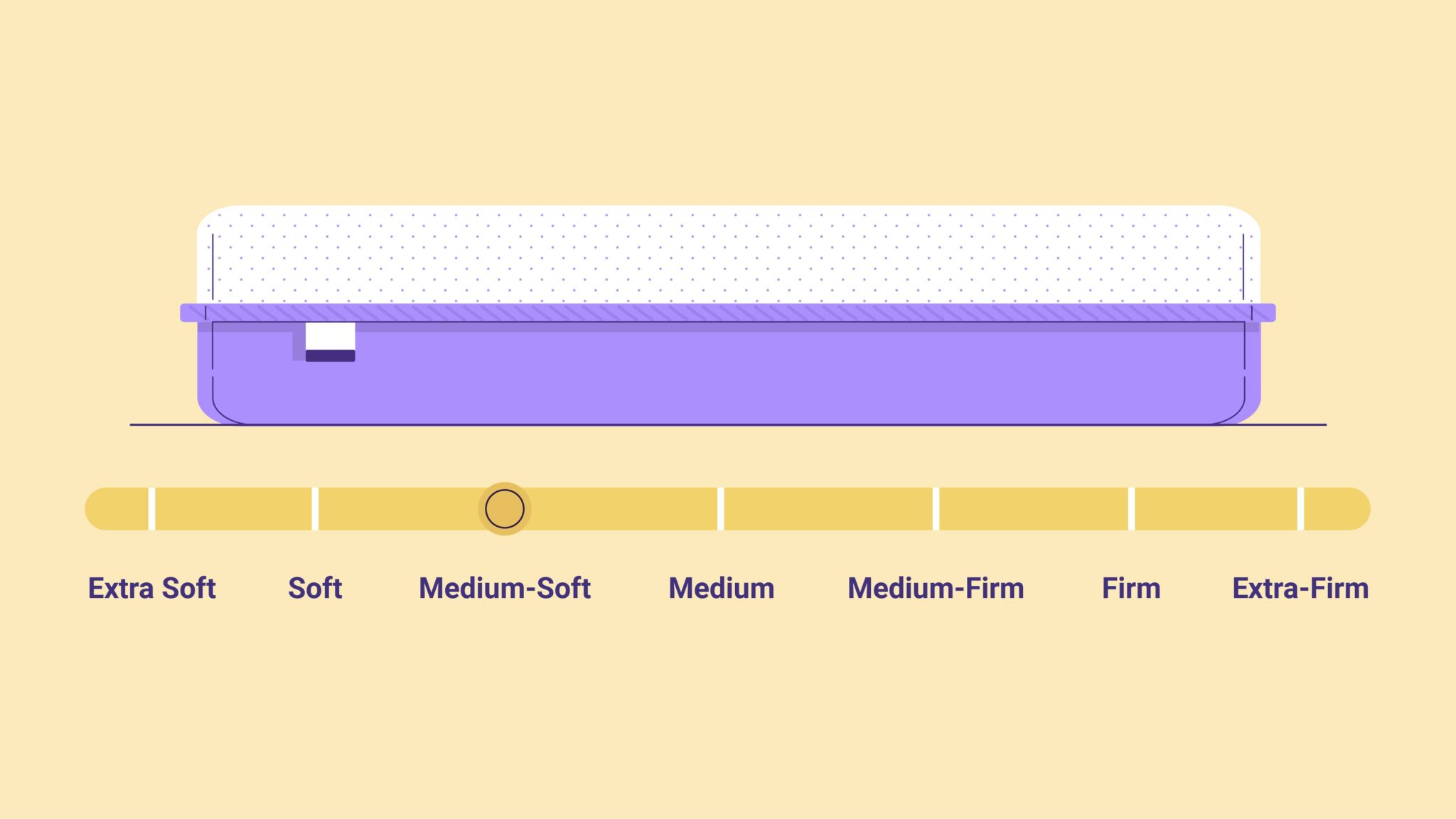



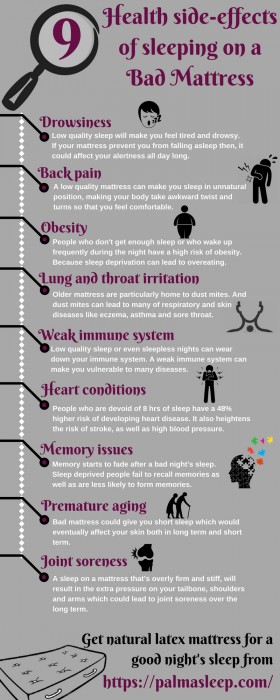








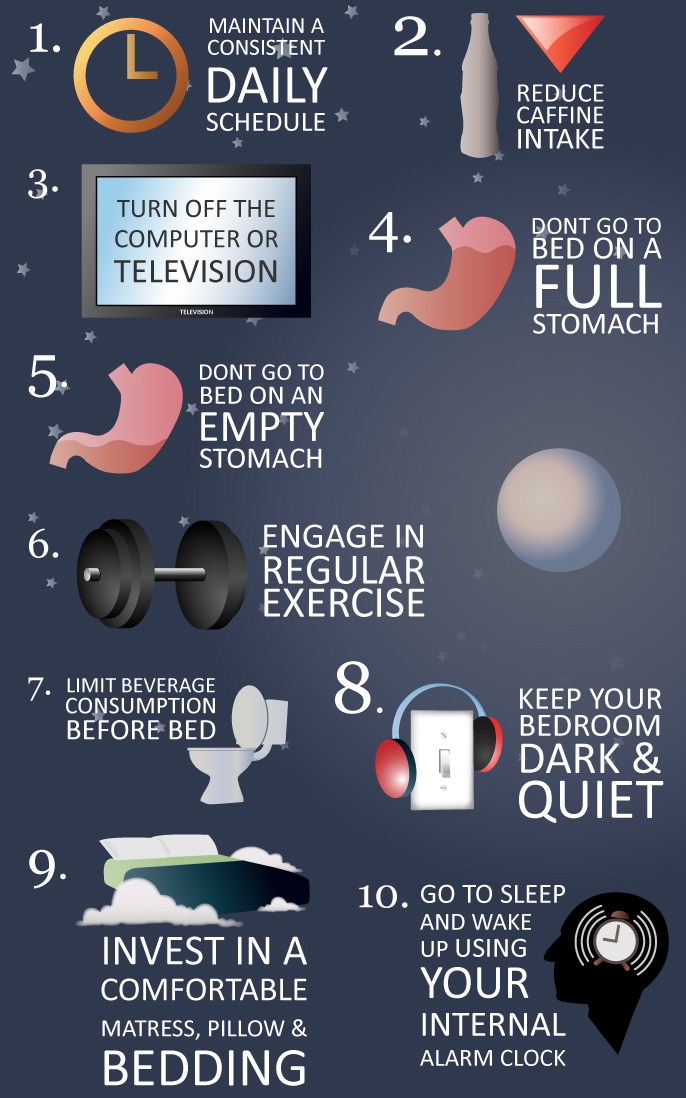


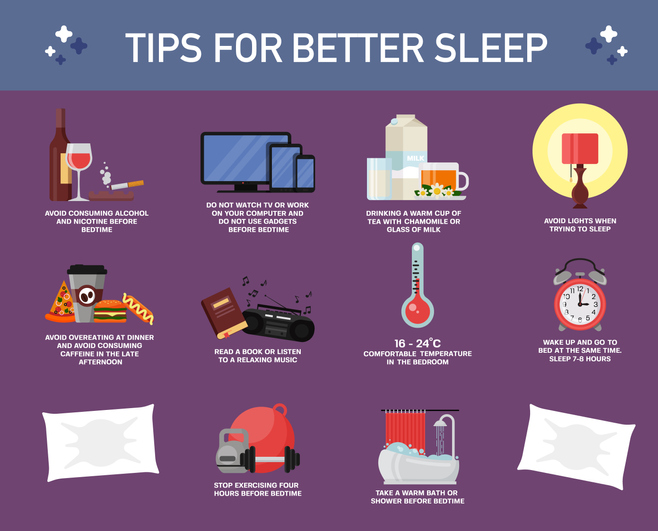
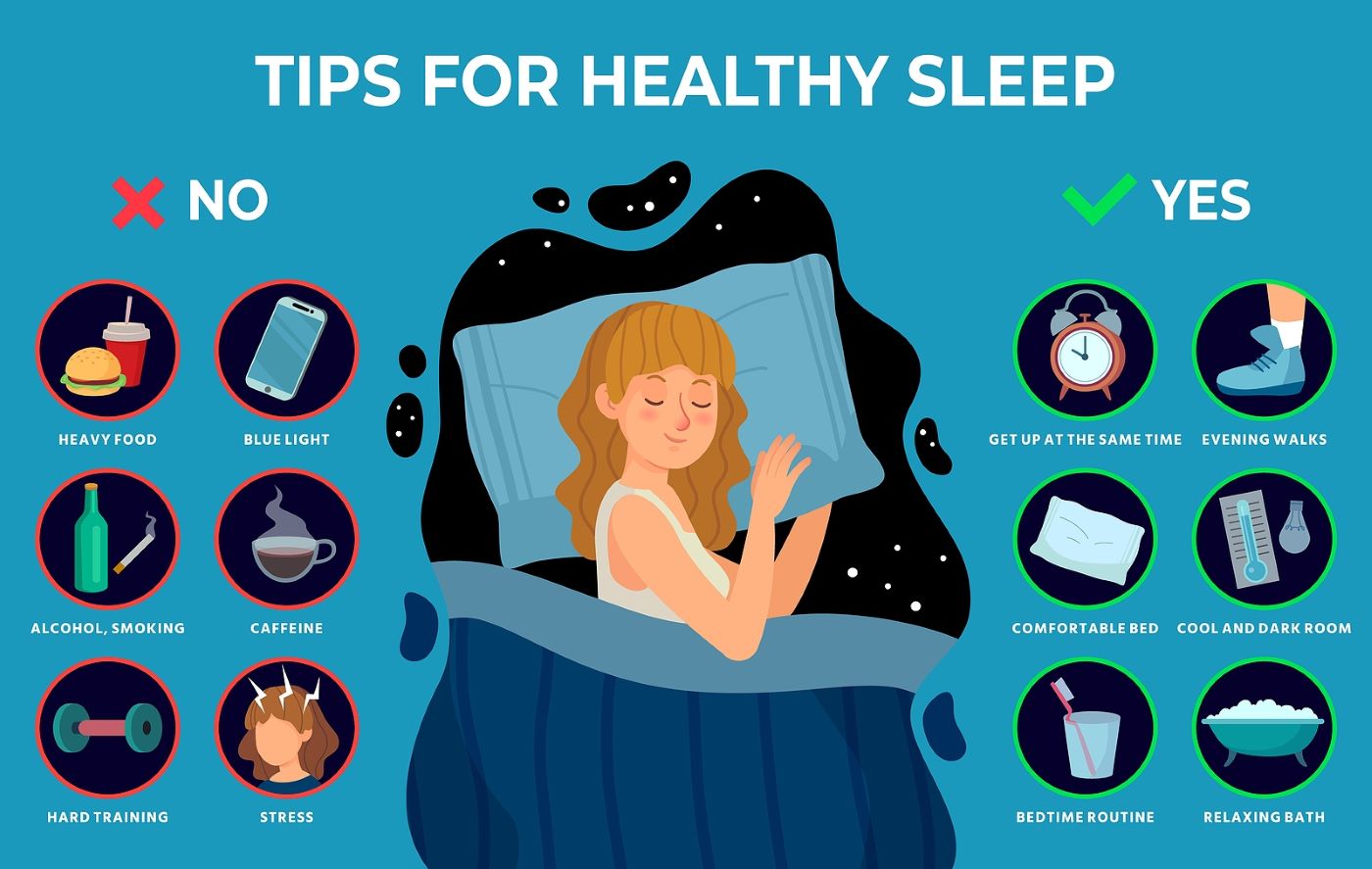

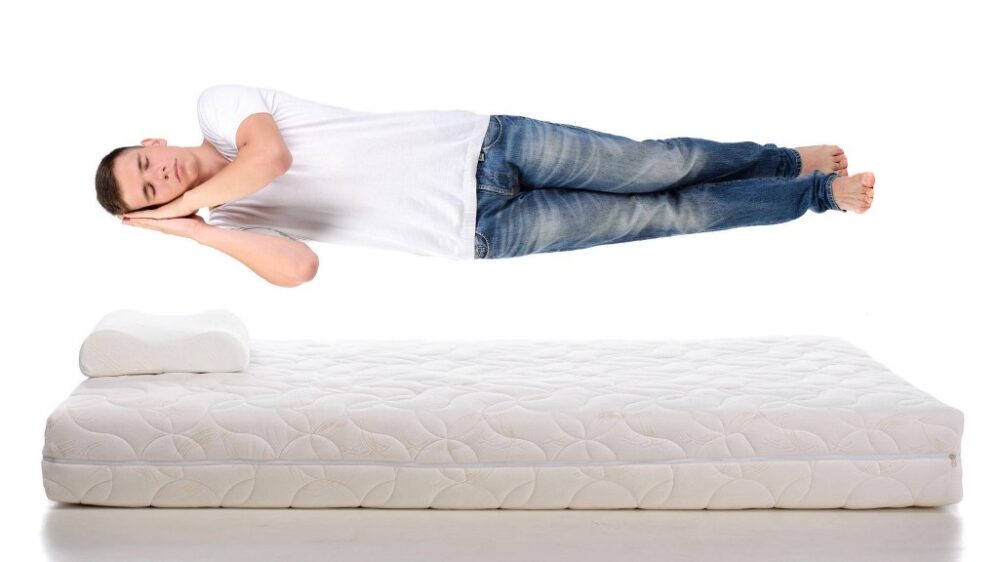
:max_bytes(150000):strip_icc()/how-to-get-better-sleep-5094084-regular-FINAL-2c371001cada4ad391f6de53fc6053c9.png)

